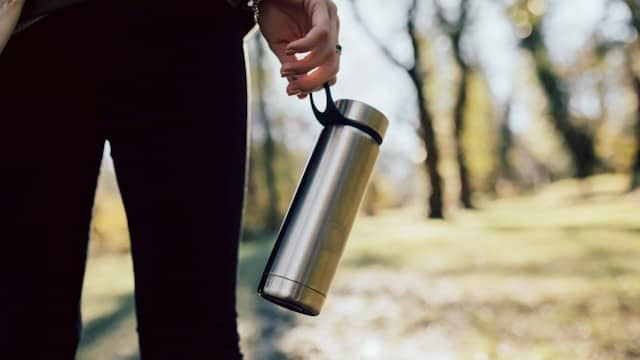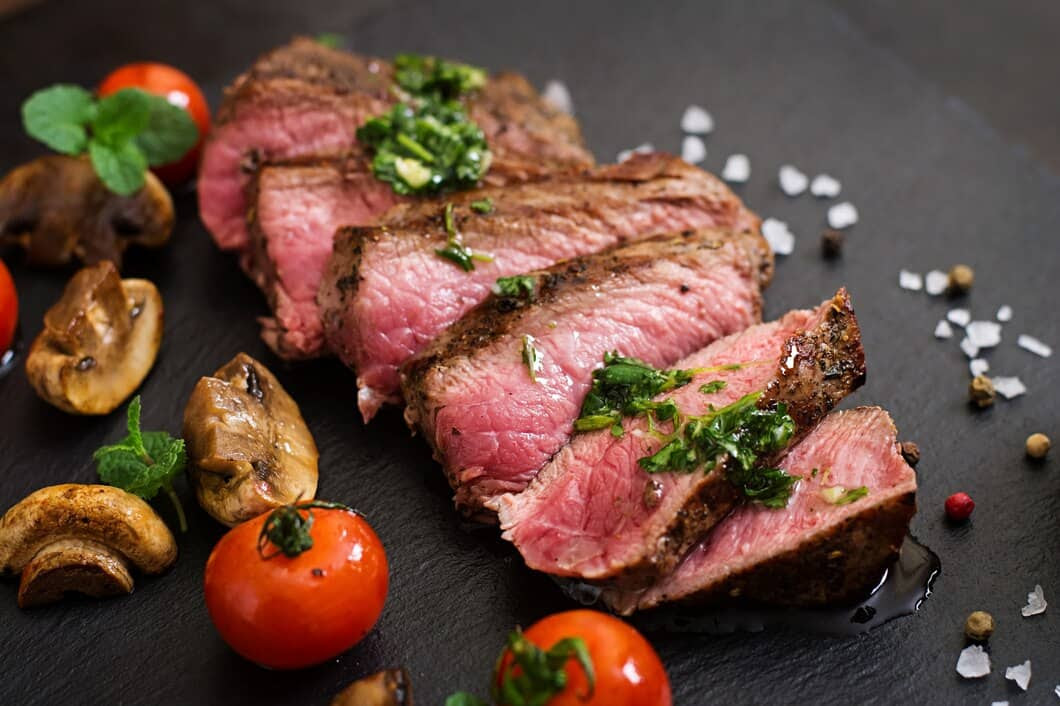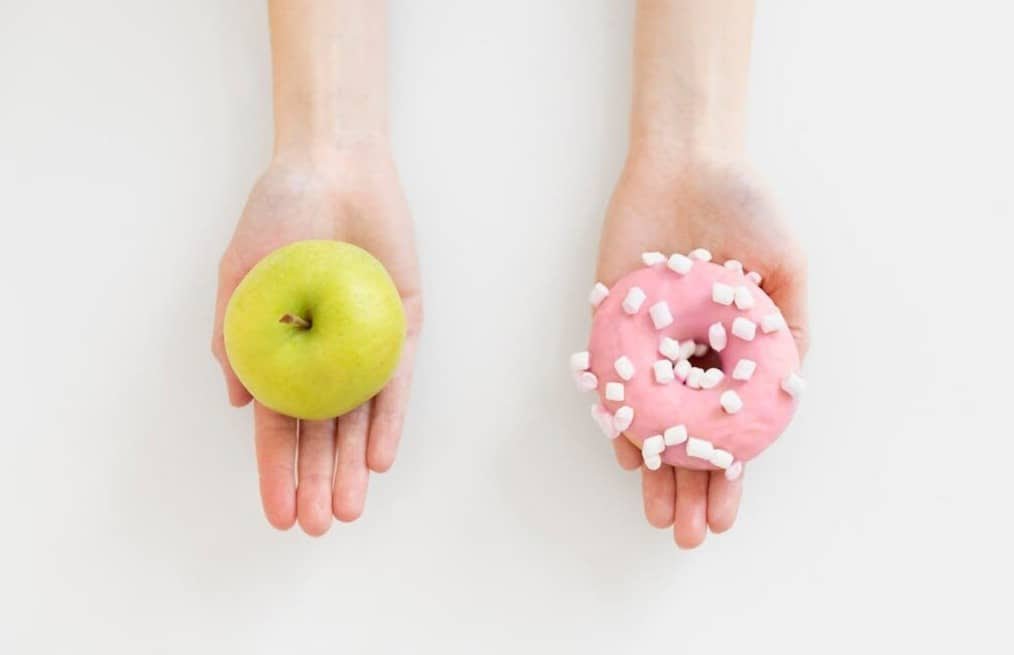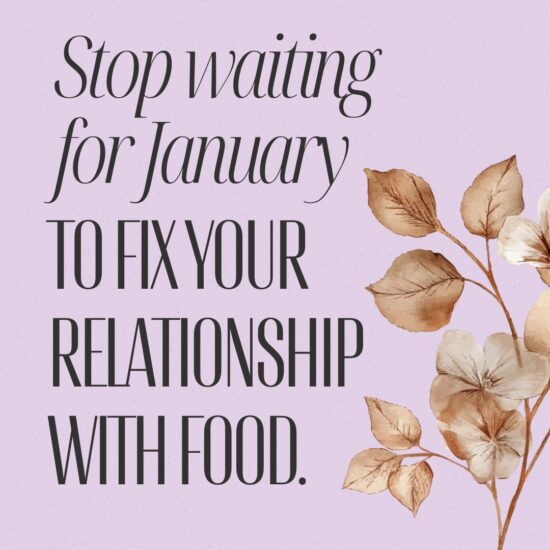Are you feeling stuck in your recovery because everyone keeps telling you to eat all foods in moderation? You’re not alone. For many people with food addiction, sugar abstinence in recovery might be the missing piece of the puzzle.
In this article, I’ll share my personal journey with sugar abstinence in recovery and why traditional eating disorder treatment approaches didn’t work for me. Most importantly, I’ll explain why abstinence isn’t restriction—it’s freedom.
The Moderation Myth in Food Addiction Recovery
For years, I was held back in my recovery journey. Why? Because eating disorder professionals repeatedly encouraged (and sometimes forced) me to include sugar and processed foods in my everyday diet.
During my time in intensive outpatient treatment (IOP), I was required to eat junk food daily—a small Snickers bar or ice cream. The professionals insisted this practice would normalize my relationship with food. But the result? I continued to binge.
This approach to sugar abstinence in recovery directly contradicts what many food addicts actually need. The prevailing wisdom that everyone must eat all foods in moderation simply doesn’t work for those of us with addictive responses to certain substances.
Why Sugar Abstinence in Recovery Might Be Your Solution
After years of cycling through different nutritional approaches—high fat, low fat, carnivore, bodybuilding-style carb cycling, and nutritarian diets—things finally shifted when someone in the food addiction community offered me a different perspective.
They reassured me that being sugar-free or measuring food portions isn’t crazy. In fact, for some people, it’s incredibly helpful. This permission was revolutionary. Suddenly, I understood that:
- Cutting out sugar isn’t necessarily “eating disorder behavior”
- Weighing and measuring food can be valuable for a food addict
- I don’t have to eat like everyone else to recover
This perspective on sugar abstinence in recovery gave me freedom rather than restriction. When I finally embraced this approach, my recovery took a dramatic turn for the better.

The Conflicting Paradigms: Eating Disorders vs. Food Addiction
One major challenge in discussing sugar abstinence in recovery is the contradiction between two treatment models:
The Traditional Eating Disorder Model
In conventional eating disorder treatment:
- Eating all foods in moderation is the goal
- “Extreme” diets are considered causes of eating disorders
- Cutting out food groups is viewed as problematic
- Flexibility and variety are emphasized
The Food Addiction Model
In the food addiction paradigm:
- Sugar and ultra-processed foods are considered the problem
- Eliminating these substances is the treatment
- Similar to how alcoholics abstain from alcohol
- Clear boundaries with trigger foods are encouraged
Unfortunately, food addiction isn’t formally recognized in the DSM-V. This lack of official recognition means limited research funding and significant disagreement about whether food addiction is even valid as a concept.
Some studies show overlap between binge eating disorder and food addiction, but untangling these relationships requires substantial research that hasn’t yet been conducted.
My Personal Experience with Sugar Abstinence in Recovery
For me, I identify as someone who experienced both an eating disorder and food addiction. This dual experience means that:
- Abstinence genuinely helped me recover
- Including sugar as an everyday food kept me stuck
- Traditional approaches delayed my healing for years
The world offers very little support for the concept of sugar abstinence in recovery. This is unfortunate because many people could benefit from this approach.
I’m not suggesting that everyone should practice abstinence. Some people truly thrive with moderation. However, I believe it’s crucial not to demonize either approach. Currently, abstinent nutrition is largely criticized, limiting options for those who might benefit from it.

Reframing Abstinence: Liberation, Not Restriction
In our YOLO (You Only Live Once) culture, we’re encouraged to experience, do, and eat everything. Setting boundaries is often viewed as “restriction” and looked down upon.
What if we removed this judgment? What if we recognized that having boundaries allows some people—particularly those with addictive tendencies—to thrive and live their best lives?
When I think about YOLO, I prefer:
- Going to bed early
- Waking up to see the sunrise
- Eating nourishing foods
- Drinking water
- Staying away from substances that harm me
I’ve already experienced plenty of partying, staying up all night, using substances, and binge eating on junk food. At this point in my life, my version of living fully means creating boundaries that support my wellbeing.
This perspective on sugar abstinence in recovery isn’t about restriction—it’s about liberation. By abstaining from substances that trigger addictive cycles, I’ve found greater freedom, presence, and alignment with my values.
Is Sugar Abstinence in Recovery Right for You?
If moderation hasn’t worked for you despite sincere efforts, abstinence might be worth considering. Here are some signs that sugar abstinence in recovery could be beneficial:
- You experience intense cravings after consuming small amounts of sugar
- Eating “trigger foods” in moderation consistently leads to binges
- You feel out of control around certain foods
- Attempts at moderation have repeatedly failed
- You identify with characteristics of food addiction
Remember that choosing abstinence doesn’t mean you have an eating disorder or are “too rigid.” For some people, it’s simply the most effective path to freedom.
How to Practice Sugar Abstinence in Recovery Successfully
If you’re considering abstinence, here are some practical suggestions:
- Define your boundaries clearly: Determine which foods trigger addictive responses for you.
- Find supportive communities: Connect with others who understand food addiction, such as Food Addicts Anonymous or similar groups.
- Work with knowledgeable professionals: Seek therapists and nutritionists who understand food addiction, not just eating disorders.
- Develop alternative coping mechanisms: Since you won’t be using food to manage emotions, explore other ways to self-regulate.
- Practice self-compassion: This journey isn’t about perfection—it’s about finding what truly works for you.
This Free Recovery Resources page offers additional tools to support your journey, regardless of which approach you choose.
Embracing Your Unique Recovery Path
Recovery isn’t one-size-fits-all. Neither abstinence nor moderation is inherently “better”—it’s about finding what helps you personally thrive.
If you’ve struggled with traditional approaches, knowing that sugar abstinence in recovery is a valid option might be the permission you need to try something different. This isn’t the conventional stance on nutrition from a recovery perspective, but it’s been transformative for me and many others.
Want to learn more about recovery approaches? This Eat-With-Awareness Bundle offers complementary tools for developing a healthier relationship with food.
Ready to explore whether abstinence might be your path to freedom? Get the Conscious Bites Self-Paced Online Course or subscribe to my Recovery Newsletter for regular guidance and support.
Have questions about sugar abstinence in recovery? I’m here to help! Contact me or check out the Beyond Binge Eating Podcast for more insights and strategies.




